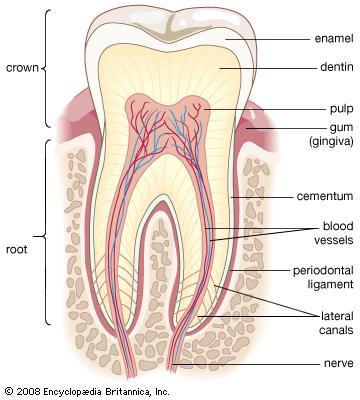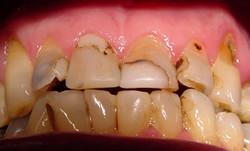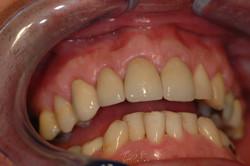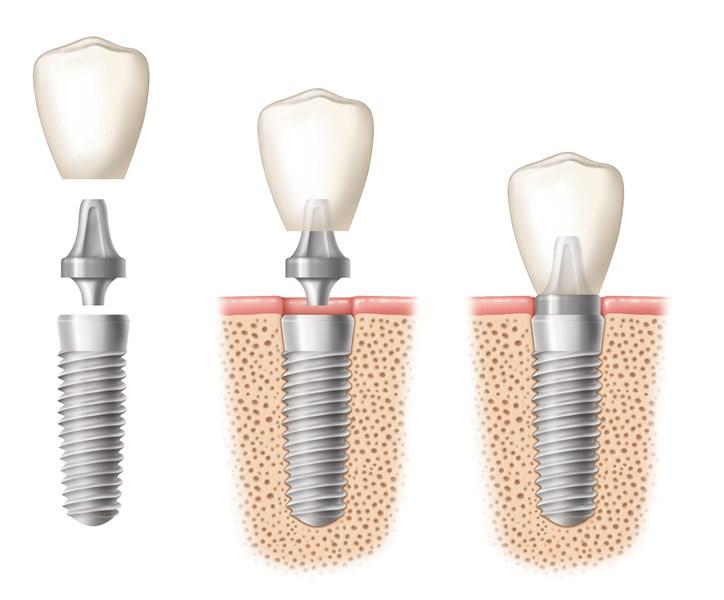Dental Services Provided
Dental Check-Up | Gum Disease | Dental Erosion | Tooth Whitening | Crowns | Implants | Root Canal Fillings
Dental Check-Ups
There are many things a dentist can spot during a dental check-up such as
- Tooth and root decay
- Weakening older fillings,
- Cracked tooth
- Gum disease and gum recessions,
- Early signs of oral cancer
- and many other oral problems that can affect your general health, ie heart burn and reflux, food allergies, vitamin deficiencies, head and neck muscle tension, sinus issues etc.
Early detection will help treat the problem at the early stages and stop it from becoming more severe. In simple cases, we can give you an estimate of the treatments needed and time frame these treatment needed to be carried out. In complex cases, not only we can give you some different options and cost estimate of each plan, but also we will give you a short time and long term total care plan for your dentition to ensure your best oral health.
Gum Disease
At most of the check up appointments, we will provide a 15mins professional clean and polish. This removes calculus – the hardened, calcified plaque -that is hard to remove from the teeth by brushing and flossing alone.
Gum disease, or periodontal disease, is an inflammatory disease caused by accumulation of bacteria (dental plaque) on the teeth. Gum disease is a major cause of tooth loss in adults and research has shown significant relationship between gum disease and heart disease.
Gingivitis is a mild form of gum disease, and is most common in adults. Most often it is unnoticed as it is not painful. Your gums may become red, swollen and bleed while cleaning. Gingivitis can be treated and reversed by professional cleaning and effective home care. If left untreated gingivitis can develop into periodontitis.
Periodontitis is the destructive form of gum disease and it is not reversible. However it can be treated and stabilised. As the bone and soft tissues supporting the teeth are lost due to this disease, a gum pocket forms around the tooth. This pocket becomes infected, which destroys more supporting bone and soft tissue. This could cause severe tooth sensitivity, eventually, the tooth becomes loose and falls out or it may need to be removed.
Dental Erosion
 Erosion is the loss of the surface of the tooth – especially enamel -that is caused by acid attack. This is different from bacterial acid attack that we call tooth decay. Enamel is the hard outer surface of the tooth seen when we smile and it protects the sensitive dentine underneath. Erosion of the enamel can lead to exposure of the dentine, which may lead to pain and sensitivity with cold foods and drinks, this may also leads to tooth wear, making all the teeth appear short and uneven.
Erosion is the loss of the surface of the tooth – especially enamel -that is caused by acid attack. This is different from bacterial acid attack that we call tooth decay. Enamel is the hard outer surface of the tooth seen when we smile and it protects the sensitive dentine underneath. Erosion of the enamel can lead to exposure of the dentine, which may lead to pain and sensitivity with cold foods and drinks, this may also leads to tooth wear, making all the teeth appear short and uneven.
Erosion is a slow process that people generally do not become aware of until significant enamel is already lost. Erosion often shows up as hollows on the top surface of the molar teeth or the teeth seem to become smaller or thinner as the enamel erodes away. As the enamel wears away exposing the underlying dentine the teeth may appear a darker yellow colour -the colour of the dentine- and sensitivity to hot, cold or acidic foods and drinks may become noticeable.
How to prevent dental erosion?
- Limit the number of times each day you eat and drink acid foods and drinks – this reduces the number of acid attacaks on your teeth
- Promote saliva flow after meal by either: chew sugar free gum for 10 mins, rinse mouth out with water or mouthwash.
- Wait for about one hour before brushing your teeth. Brushing straight after acidic foods and drinks may cause even more enamel damage.
- Consult with your GP to check if you have silent acid reflux or dry mouth due to food allergies, medication or other auto-immune disease.
Tooth Whitening
If you wish to have a brighter smile, then tooth whitening may be an option for you. Ask us for help as they can provide more effective tooth-whitening treatments than the ‘do-it-yourself’ kits available at pharmacies. Before having your teeth whitened, your dentist will check to make sure your teeth are healthy and suitable for such treatment.
In some cases treatment may be difficult or ineffective, for example with staining caused during tooth formation by certain antibiotics. Tooth whitening may make your old fillings or crowns look comparatively darker after treatment, so it is very important to discuss these issues with your dentist.
Crowns
 Crowns are tooth-shaped caps which fit over your teeth. Crowns can be used over teeth with large heavily filled, blackened or root-filled teeth. They can also be used cosmetically to improve the appearance of your front teeth. Your dentist can tell you which of your teeth would best be protected by crowns before problems develop. Crowns provide strong, attractive, long term protection for your mouth.
Crowns are tooth-shaped caps which fit over your teeth. Crowns can be used over teeth with large heavily filled, blackened or root-filled teeth. They can also be used cosmetically to improve the appearance of your front teeth. Your dentist can tell you which of your teeth would best be protected by crowns before problems develop. Crowns provide strong, attractive, long term protection for your mouth.
 They are usually made of porcelain, and the porcelain ‘tooth’ may have a gold or metal core for added strength. Where a natural appearance is not essential (e.g. at the back of your mouth), a gold or other metal crown may be used.
They are usually made of porcelain, and the porcelain ‘tooth’ may have a gold or metal core for added strength. Where a natural appearance is not essential (e.g. at the back of your mouth), a gold or other metal crown may be used.
Implants
Dental Implants
Our experienced team will consult with you for the right implant options (single implant or full mouth). We refer all implant procedures to the appropriate specialists for your implant needs.
Dental implants are used to replace a missing tooth or teeth. Dental implants are small, An implant is like an artificial tooth root, and is placed into the jaw bone where a tooth has been lost. One or more implants can be used, depending on the size of the space left after teeth have been lost. After a time of healing (often a few months) an artificial tooth is attached to the implant.
If you have been living with dentures, you know how difficult they can be. Food becomes trapped, they can pop out at unexpected moments, and become loose over time. You may also be suffering from a lack of taste as the thick plastic of the denture covers the roof of your mouth.
Fortunately, implants are the solution to all these problems. An implant supported denture secures the denture in place. It won’t rock and flop around in your mouth, allowing you to enjoy the foods you want to eat. Much of the thick plastic can be removed as it isn’t needed with implants. Throw away that denture adhesive, because implant supported dentures are rock solid.
Treatment takes between six to twelve months to complete. Not everyone has the right jaw structure for implants. Adequate bone is required for implant placement, and there are some medical contraindications.
For more information on implants visit the Dental Implants Website. This site contains very comprehensive information about implants. Although it is American based, much of the information is still useful to New Zealanders.
Root Canal Fillings
Inside a tooth is a fine space called the root canal. The root canal contains the dental pulp which consists of nerves and blood vessels. If the dental pulp becomes diseased or dies a toothache or an abscess may occur.
A number of conditions can lead to irreversible damage of the dental pulp.
- Decay
- Deep fillings
- Trauma
- Tooth fracture
- Infection
Sometimes there is no apparent cause.
During root canal treatment, the inflamed or infected pulp is removed and the inside of the tooth is carefully cleaned and disinfected, then filled and sealed with a rubber-like material called gutta-percha. Afterwards, the tooth is restored with a crown or filling for protection. After restoration, the tooth continues to function like any other tooth.



